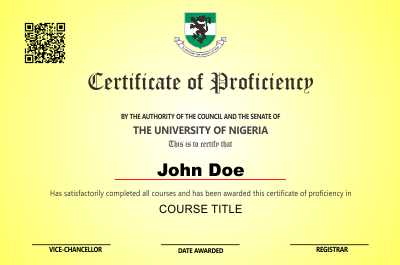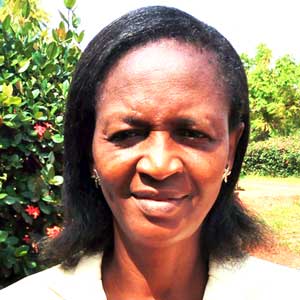Fish Farming/Fish Culture
HomeCoursesFish Farming/Fish Culture
About this Course
In many low-income countries with water and fisheries resources, fish is important for livelihoods, income and as food for the rural poor, who suffer disproportionately from malnutrition, including micronutrient deficiencies. The dietary contribution of fish is crucial in terms of animal protein, as a portion of 150g of fish provides about 50–60 percent of the daily protein requirements for an adult.
Fish can be considered as an irreplaceable animal-source, providing essential nutrients of high bioavailability which are found in limiting amounts in diet. Moreover, it has a high biological value in terms of high protein retention in the body, higher protein assimilation as compared to other protein sources, low cholesterol content and one of the safest sources of animal protein. Fish provides not only high-value protein, but also a wide range of essential micronutrients, including various vitamins (A, B and D), minerals (including calcium, iodine, zinc, iron and selenium) and polyunsaturated omega-3 fatty acids (docosahexaenoic acid and eicosapentaenoic acid).
Globally, demand for fish and fish products have continued to increase due to population growth, increase income and change in consumers’ habits. For instance Nigerian’s population of 170 million people may exceed 210 million by 2020, and the demand for fish protein is expected to grow by another 700,000 metric tons over the same period. The current fish consumption in the country is 7.5 kilo per person against global fish consumption at 18.7 kilos per person, implying that the country’s current consumption shortfall per person is still large at 11.2 kilos per person.
What you will learn:
- Develop interest in fish farming as a viable business or family farm.
- Knowledge on classification of pond culture systems.
- Knowledge and skill to manage water quality in ponds.
- Knowledge and skills for adequate nutrition and feeding of cultured fish.
- Knowledge and skills to control diseases in pond culture systems.
- Starting and running a lucrative fish farming business.
| Course Code | UNN/OC/0006 | |
| Course Start Date | Started | |
| Course Duration | 2 Months | |
| Dedication | 3-4 Hours per week | |
| Number of Modules | 11 | |
| Level | Basic | |
| School offering course | UNN Enterprise Skill Acquisition School | |
| Language | English | |
| Video/Audio Media | Audio & Video | |
| ₦ | Course Fee | 25000.00 |
Certificate of Proficiency

A Certificate of Proficiency is awarded to you at successful completion of courses designed to prepare you for a new career or enhance your skill set. This empowers you to be more productive and marketable in today's global market.
Associated Programs
Pages: 1
UNN Online Program
Animal Husbandary 1
This program offers a certificate diploma in Animal Husbandry with a focus on Fish Farming, Snail Production and general entrepreneurial skill.
Program Courses: 6
UNN Online Program
Animal Husbandary 3
This program offers a certificate diploma in Animal Husbandry with a focus on Poultry Production, Fish Farming and general entrepreneurial skill.
Program Courses: 6
UNN Online Program
Animal Husbandary 5
This program offers a certificate diploma in Animal Husbandry with a focus on Poultry Farming , Fish Farming, Goat & Sheep Farming, Snail Production, Pig Production, Grasscutter Production and general entrepreneurial skill.
Program Courses: 10
Course Prerequisites / Requirements
This course has no strict requirements. Anyone is qualified to take this course so long as the student is familiar with taking online courses on the platform. Once registered in this course, you will be required to complete activities such as assignments or quiz in order to proceed. The course has been structured in a way to promote ease of understanding. You must be dedicated in this course; you should spend at least an average of 2 hours per day on this course.



